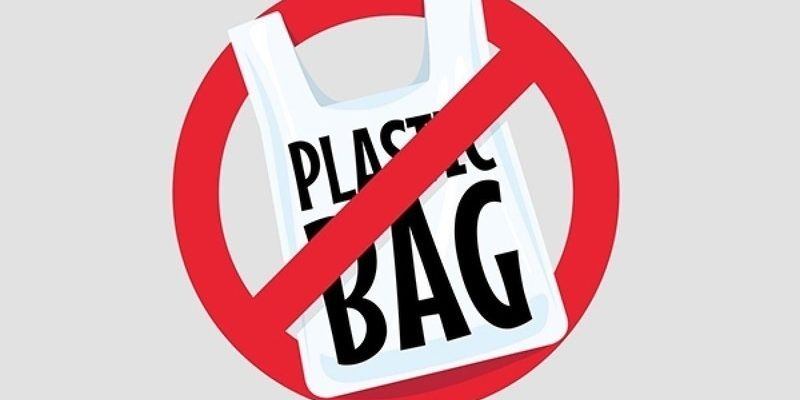Introduction:
In a bold move to tackle the escalating plastic waste crisis, Democratic State Senator Catherine Blakespear has introduced a groundbreaking bill in the California Legislature. The proposed legislation, presented on Thursday, aims to implement a sweeping ban on all plastic shopping bags by the year 2026. Despite the state’s previous efforts to restrict thin plastic bags, Blakespear contends that the surge in plastic waste, especially from thicker bags labeled as reusable, necessitates more stringent regulations.
Plastic Bag Ban Evolution:
California has been a trailblazer in environmental conservation, exemplified by the Legislature’s enactment of a statewide plastic bag ban in 2014, later ratified by voters in a 2016 referendum. However, the recent findings of a state study reveal a disconcerting trend – the disposal of plastic shopping bags per person has surged from 8 pounds annually in 2004 to a concerning 11 pounds in 2021. This alarming increase questions the efficacy of the existing 2014 plastic bag ban, prompting Blakespear to advocate for more decisive measures.
Senator Blakespear’s Advocacy:
Senator Catherine Blakespear, a staunch advocate for environmental causes, hails from Encinitas and has been a vocal proponent of stricter regulations. Addressing the shortcomings of the current plastic bag ban, Blakespear highlights the paradox of thicker plastic bags marketed as reusable. Her argument centers on the observed tendency for these supposedly sustainable bags to end up unused and unrecycled, contributing significantly to the persistent plastic pollution problem.

Read more:
- Listeria Outbreak Hits 11 States: 2 Dead, Several Afflicted, Says CDC
- New York Businesses Navigate Credit Card Fee Changes: Transparency in Transactions
- Claim Your Share: New York State Holds $18.4 Billion in Unclaimed Funds
- Taylor Swift Takes Legal Action Over Florida Student Tracking Jet
Challenges to Existing Regulations:
While California has made commendable strides in curbing plastic pollution, the latest bill acknowledges the limitations of existing regulations. Although thin plastic bags are restricted, consumers still have the option to purchase thicker bags at checkout under the pretext of reusability and recyclability. Blakespear’s proposal aims to close this existing loophole, pushing for a comprehensive ban that leaves no room for ambiguity.
Environmental Impact Assessment:
Blakespear’s push for a stricter plastic bag ban aligns with a comprehensive environmental impact assessment. The bill confronts the reality that despite prior bans, the proliferation of thicker plastic bags has intensified plastic waste concerns. By banning all plastic shopping bags, the proposed legislation seeks to address the root cause of the issue, targeting not just thin bags but also their supposedly eco-friendly counterparts.
California’s Environmental Leadership:
California’s commitment to environmental initiatives has set the state apart, with the 2014 plastic bag ban symbolizing a landmark moment in the fight against single-use plastics. However, the evolving nature of the plastic waste crisis demands adaptive and robust measures. Senator Blakespear’s proposed bill positions California at the forefront of the battle against plastic pollution, demonstrating a commitment to continually reassess and enhance environmental regulations.
Path Forward:
As the proposed bill makes its way through the legislative process, it reignites the conversation about the role of states in pioneering impactful environmental policies. Blakespear’s advocacy underscores the urgency of addressing plastic pollution comprehensively, acknowledging the interconnectedness of various plastic products contributing to environmental degradation.
Conclusion:
Senator Catherine Blakespear’s proposed bill to eliminate all plastic shopping bags in California by 2026 marks a pivotal moment in the state’s ongoing battle against plastic pollution. As environmental advocates and lawmakers grapple with the evolving challenges posed by plastic waste, this ambitious legislation reflects a commitment to proactive and impactful solutions. California, with its history of environmental leadership, is poised to set a new standard in the quest for a more sustainable and plastic-free future.

